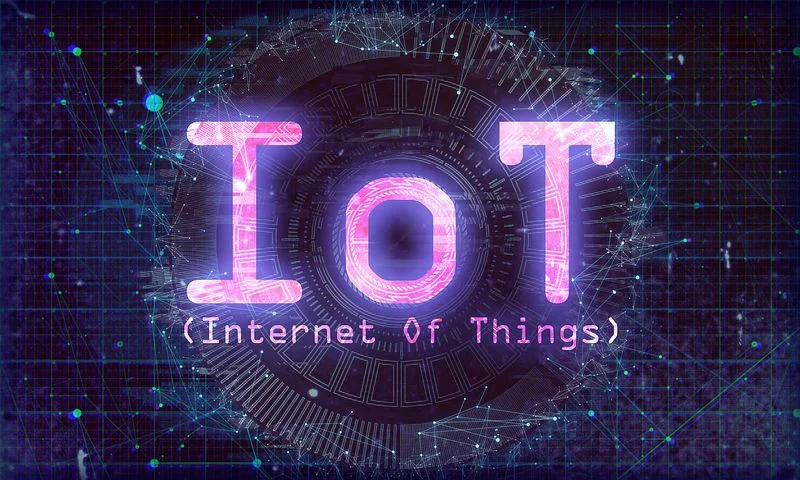Smarter cities needed to achieve government ambitions
Auckland - With the government recently announcing a desire to help our cities grow up and out, leading New Zealand IoT expert Kriv Naicker today questioned whether New Zealand is falling behind in the use of smart city technology to help achieve this goal.
Smart city innovations, using sensors, the internet of things and automation systems, provide promising new ways of engaging citizens and increasing quality of life.
“New Zealand cities appear to be missing the full opportunity to leverage these technologies”, Naicker, the NZ IoT Alliance chair, says.
"As a nation, we should be looking at the role of technology to help solve some of our bigger problems like housing, congestion and sustainability.
“While we dig up Auckland roads to create the City Rail Link, are we investing to enable a future smart city?”
He says other countries around the world are becoming so innovative in terms of smart technology. Vienna is reputed as one of the world’s greenest cities, and leaders in using green energy.
The Austrian capital plans to install more than 300,000 solar panels by 2020, has the world’s largest biomass plant, and offers more than 90 percent of people convenient public transportation access.
Amsterdam is also big on renewable energy include electric trucks that pick-up garbage, along with solar panels powering bus stops, billboards and lights and autonomous river boats.
Thousands of Dutch businesses and households have been modified with energy efficient roofing insulation, automatically dimming light switches, smart meters, and ultra-low energy LED lights.
At the recent New Zealand IoT Alliance conference, key questions asked included: how can organisation leaders be persuaded to prioritise smart city project investment? Who are the right stakeholders to include in a smart city project and how can Kiwis engage them? And what applications are the best ones to start with and do these provide value over the long term?
Naicker says IoT is a cornerstone of smart city enablement but needs to be considered in full integration and alignment with mobile 5G, AI and machine learning, AR/ VR and other key exponential technologies.
“Smart city enablement will require these technologies to be evaluated as an integrated proposition and current initiatives need to be accelerated on this basis.”
For further information contact Make Lemonade NZ news director Kip Brook on 0275 030188















Lisa was born in Auckland at the start of the 1970s, living in a small campsite community on the North Shore called Browns Bay. She spent a significant part of her life with her grandparents, often hanging out at the beaches. Lisa has many happy memories from those days at Browns Bay beach, where fish were plentiful on the point and the ocean was rich in seaweed. She played in the water for hours, going home totally “sun-kissed.” “An adorable time to grow up,” Lisa tells me.
Lisa enjoyed many sports; she was a keen tennis player and netballer, playing in the top teams for her age right up until the family moved to Wellington. Lisa was fifteen years old, which unfortunately marked the end of her sporting career. Local teams were well established in Wellington, and her attention was drawn elsewhere.